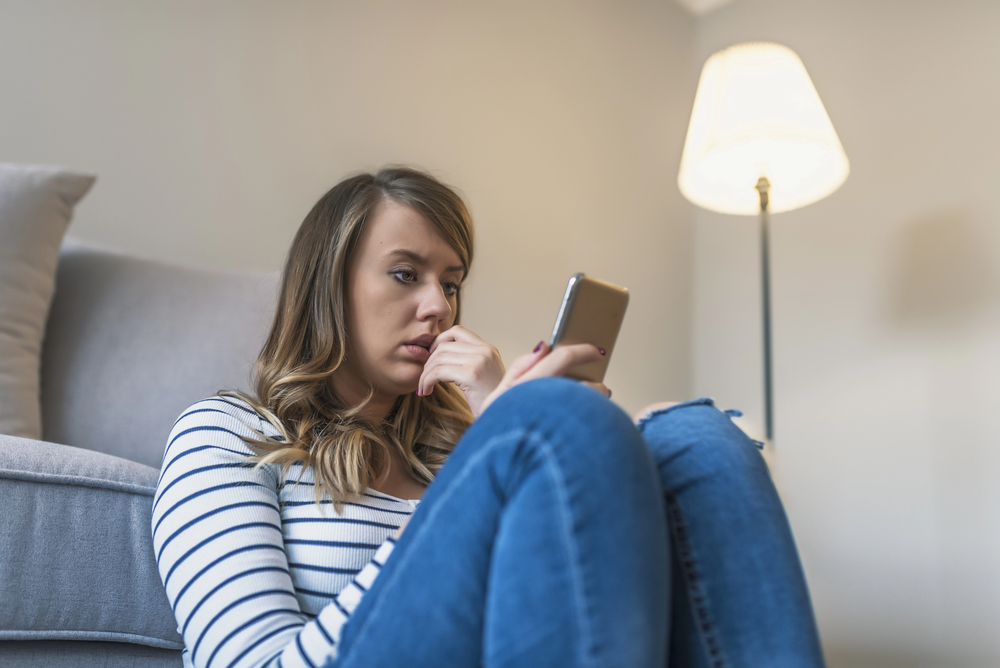A new randomized controlled trial published in BMC Medicine finds that reducing smartphone screen time improves mental health.
The current study, led by Christoph Pieh of the University of Applied Sciences Krems in Austria, reports improvements in well-being, depressive symptoms, stress, and sleep quality after reducing smartphone screen time for three weeks. The authors also report that after the three-week intervention ended, smartphone screen time increased rapidly and mental health indicators started to revert to pre-intervention levels.
“The study highlights mental health improvements through smartphone use reduction. Compared to the control group, the intervention group showed an improvement in depressive symptoms, stress, insomnia symptoms, and well-being.” the authors explain.
“The changes in primary outcome correspond to small to medium effect sizes in the total sample and large effect sizes in the subsample that strictly adhered to the time limits for depressive symptoms. However, as only healthy students were included, the mean values at baseline were in the lower range and the mean differences were rather small.”
Smartphone ownership is increasing, and smartphone addiction is becoming a problem worldwide. According to a Pew Research Center poll, 21% of young adults (18-29) and 17% of seniors (65+) in the United States are addicted to smartphones. The same poll found that 15% of U.S. adults access the internet exclusively through their smartphones. Citing privacy concerns and the distraction of students, schools worldwide, including 20 states in the US, have banned the use of smartphones. The current research aligns with other recent studies in examining the risks and consequences of smartphone use.















